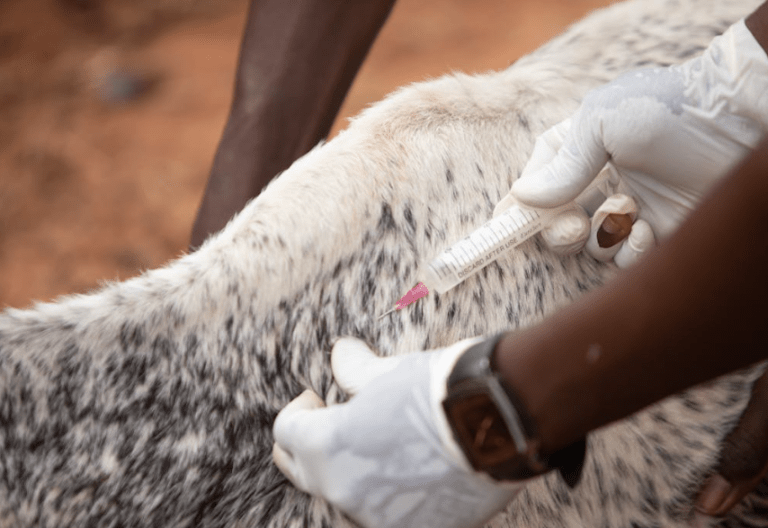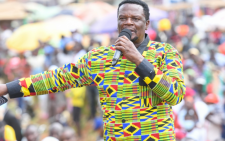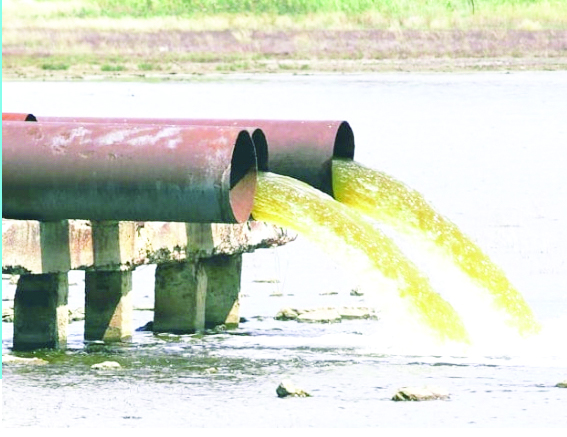How to leverage prior knowledge for effective policy communication

The current debate in Kenya concerning livestock vaccination is a classic case illustrating the role of prior knowledge in shaping policy communication. The vaccination programme has received substantial opposition, which could be tied to the government’s past performance.
The Economist, on December 14, 2024 reported that milk productivity in Africa averages 1.6 litres per day, compared to 30 litres in the United States. Improving livestock productivity is critical to addressing challenges such as poverty, food insecurity, and climate change. One would expect the majority to be enthusiastic about adopting better practices and technology, yet this is not the case.
Prior knowledge, in this context, refers to the facts, beliefs, and skills acquired through daily life experiences or education. It is a fact that about 28 percent of Kenyans are food-insecure, and youth unemployment and underemployment are widespread. It is well known that agrifood practices must change to spur socioeconomic growth. Unfortunately, programmes that seem like game-changers are often vehemently opposed.
What is the problem? First, trust in government has been declining, according to national opinion polls. In recent years, the government has faced intense criticism over notable issues, starting with the finance bills for 2023/2024 and 2024/2025, which led to Gen Z demonstrations, and university education funding models, which have been adjudicated in both courts of law and public opinion. Consequently, the government has introduced various mechanisms to restore trust, including forming a broad-based government. These efforts form part of public knowledge.
Even with new strategies, contestation abounds. Some government processes have become emotive issues, with the propagation of alternative views amplified by digital platforms such as social media. Under these circumstances, any pronouncement from President William Ruto and his Cabinet is critically analysed, with negativity dominating due to reported failed promises. Could the national vaccination programme have taken a different strategy? Yes!
There is no doubt that the livestock sector needs transformation to facilitate economic development and end poverty, hunger, and diseases. Bridging the dairy divide, as the Economist highlights, is essential to ensuring higher milk productivity. However, the November 8, 2024 pronouncement by the President at the Maa Cultural Festival on the national vaccination of 22 million cattle and 50 million goats and sheep, without further technical details, created ambiguity. Subsequent expert explanations were drowned out by the loud political debate. Given that agriculture — including veterinary services — is a devolved function, comprehensive details from the Cabinet secretary for Agriculture, supported by various stakeholders, could have changed the scenario.
While the President is the national policy advocate numéro une, technical experts offering detailed technical explanations of the vaccination programme would have mitigated the strong opposition to the policy initiative.
The country must trace its way back to evidence-based analyses. This must be aided by critical public participation and engagement. Afflicted by poverty, hunger, diseases, and malnutrition, the majority of Kenyans would agree on the need to improve livestock productivity. Addressing the concerns raised by the general public is essential.
— The writer is a UN global food system Youth Leader, and a climate change and food system policy Communication
Consultant












